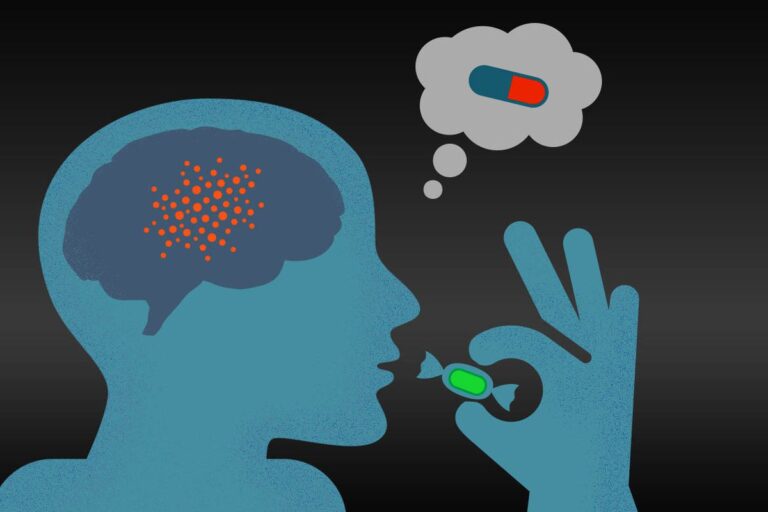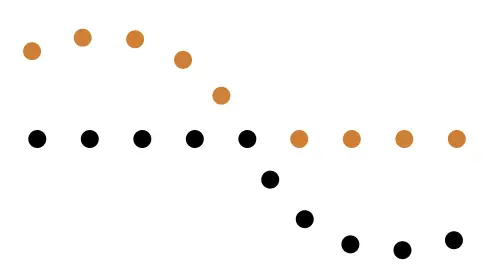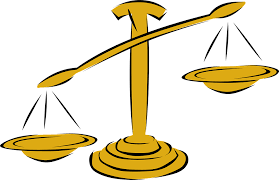8 Examples of Cultural Differences in the Workplace
What makes the internal workings of Facebook different from Google? Or a small business unique from a large corporation? The differences go beyond the products they create. Companies or businesses can have distinct cultures in their workplace environments. This can give a business a unique personality. Since the workplace is drawn from the outside world, …









